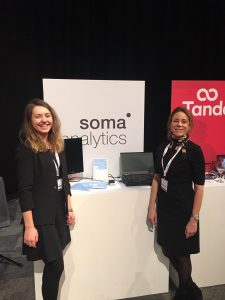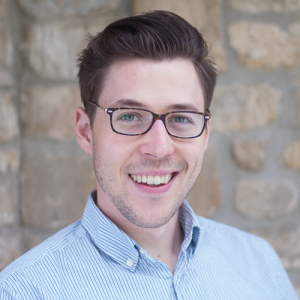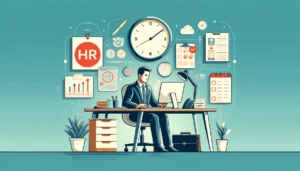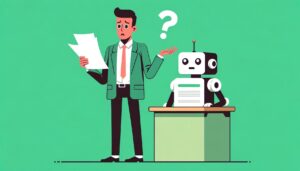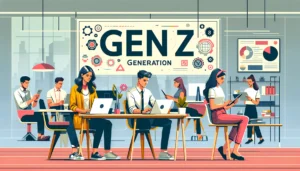Soma Analytics win HR Innovator 2017
- 5 Min Read
HR Innovator 2017 shined a spotlight on the most creative and promising solutions generated by start-ups in the HR space. Eight showcased their solutions to the judging panel, and Soma Analytics won the title of HR Innovator 2017 with their lead product, Kelaa Mental Resilience. HR Innovator Judges said, Kelaa delivers a solution to a problem […]
- Author: Rachel Montgomery-Young
- Date published: Apr 4, 2017
- Categories
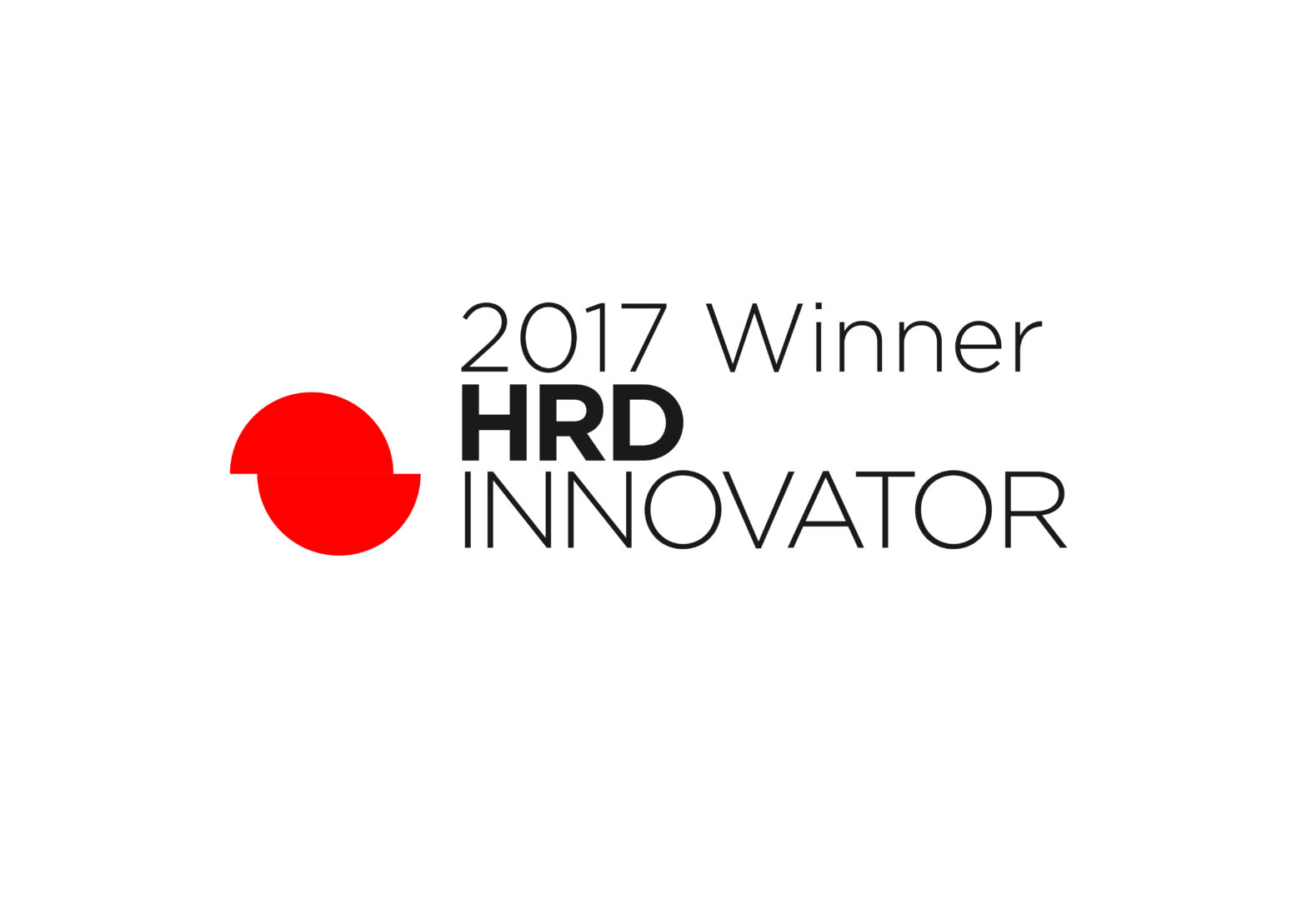
HR Innovator 2017 shined a spotlight on the most creative and promising solutions generated by start-ups in the HR space. Eight showcased their solutions to the judging panel, and Soma Analytics won the title of HR Innovator 2017 with their lead product, Kelaa Mental Resilience.
HR Innovator Judges said, Kelaa delivers a solution to a problem not many others have cracked. The product brings an approach and features that are well developed in the consumer space but have not yet been applied effectively in the enterprise and it looks like they are doing a great job of bridging that gap – something which is crucial to improving employee wellbeing.
Following the competition, HRD Connect sat down with Christopher Lorenz, their Co-Founder and Head of Science, to understand more about their award winning wellbeing technology.
What does Soma° do?
Soma Analytics is a digital health company and our vision is to be the “smart way to beat stress at work”.
Kelaa, is a smartphone application and analytics dashboard that delivers measurable improvements to employee mental resilience, productivity and engagement as well as reduced costs from absenteeism, presenteeism and attrition.
Soma has recently been awarded €1.8m EU funding to deliver the first large scale randomised controlled trial into reducing workplace stress using a smartphone application.
In a nutshell, how does Soma’s solution work?
Employees receive personalised feedback on how to improve their mental resilience and productivity while HR gain insights that enable them to support groups of employees at risk and reduce attrition and absenteeism.
In contrast to other digital stress and wellbeing solutions on the market, Kelaa is the only comprehensive stress and resilience solution designed with features to aid both businesses and the individual employee.
The solution can recognise patterns of wellbeing, stress and mental resilience based for known (sleep) and novel (speech) biomarkers, whose algorithms have been patented. It is evidence based and science driven.
What are the benefits to the employer?
Kelaa helps HR to increase workforce productivity and reduce stress related presenteeism, manage staff attrition and increase retention, better utilise existing health and wellbeing offerings such as EAPa. It also opens up valuable insights to direct strategy and decision making, allowing HR to apply big data analytics; analyse and view data at geographic, departmental and managerial levels.
To what extent is the success of the Kelaa dependent on your clients’ organisational culture?
Culture is an important factor when it comes to employee health, wellbeing and performance. Organisational culture is the soil on which successful health interventions, including Kelaa, grow. If the soil is not fertile, it is difficult to grow anything at all. Not all organisations are ready today to proactively invest into the health and wellbeing of their employees
What have you learned about the conditions for success?
Physical fitness and nutrition are being embraced more and more by organisations but there is a broad disparity between physical and mental fitness. An important factor are individual differences. There is no one size fits all solution. Look at physical health, there are runners, swimmers and cyclists. Within a certain field there are vast differences in skills: there are marathon runners and people who go for a walk with their dog. The same applies to mental fitness: We experience and react to stress differently and a solution can only be successful if it offers personalised strategies, activities and interventions.
In addition, we just talked about culture – it’s also a crucial foundation for the recognition and ultimately success of any health and wellbeing solution.
Can you share the Kelaa implementation success story that you are personally most proud of?
For me, it was a cross-country project we did with Ernst and Young.
One of the things I am always most proud of is when we can positively affect people’s working lives. In this instance we had people coming to us saying, my colleague said to me “What’s going on, you look a little more relaxed today!”
This is also mirrored in the numbers, Kelaa has delivered a 14% reduction in perceived stress, 13% improvement of sleep quality, 11% overall wellbeing improvement and £400,000 in estimated savings per year for 2,000 employees.
This short video shows how Ernst and Young successfully implemented Kelaa.
I’m pleased to say that Soma has recently been awarded €1.8m EU funding to deliver the first large scale randomised controlled trial into reducing workplace stress using a smartphone application. Organisations with more than 500 employees that are interested in taking part should email [email protected] for further information.
About Christopher:
Christopher Lorenz is Co-Founder and Head of Science at Soma Analytics, an investor-backed and award-winning digital health startup in London, where he leads a team of psychologists, designers, data scientists and software engineers to help employees improve their mental health and become more productive at work.
At Soma, Christopher recently led a research study with the Mayo Clinic that examined the effects of different treatment levels of mindfulness-based resilience training.
He holds an MA Honours Degree in Mathematics – elite graduate programme TopMath at Technical University of Munich – where he focused on stochastic finance and the mathematics of optimal order execution.
Christopher is also an alumnus scholar of the German Foundation of Business (Stiftung der Deutschen Wirtschaft) as well as an honorary research fellow at the department of clinical, educational and health psychology at UCL.

